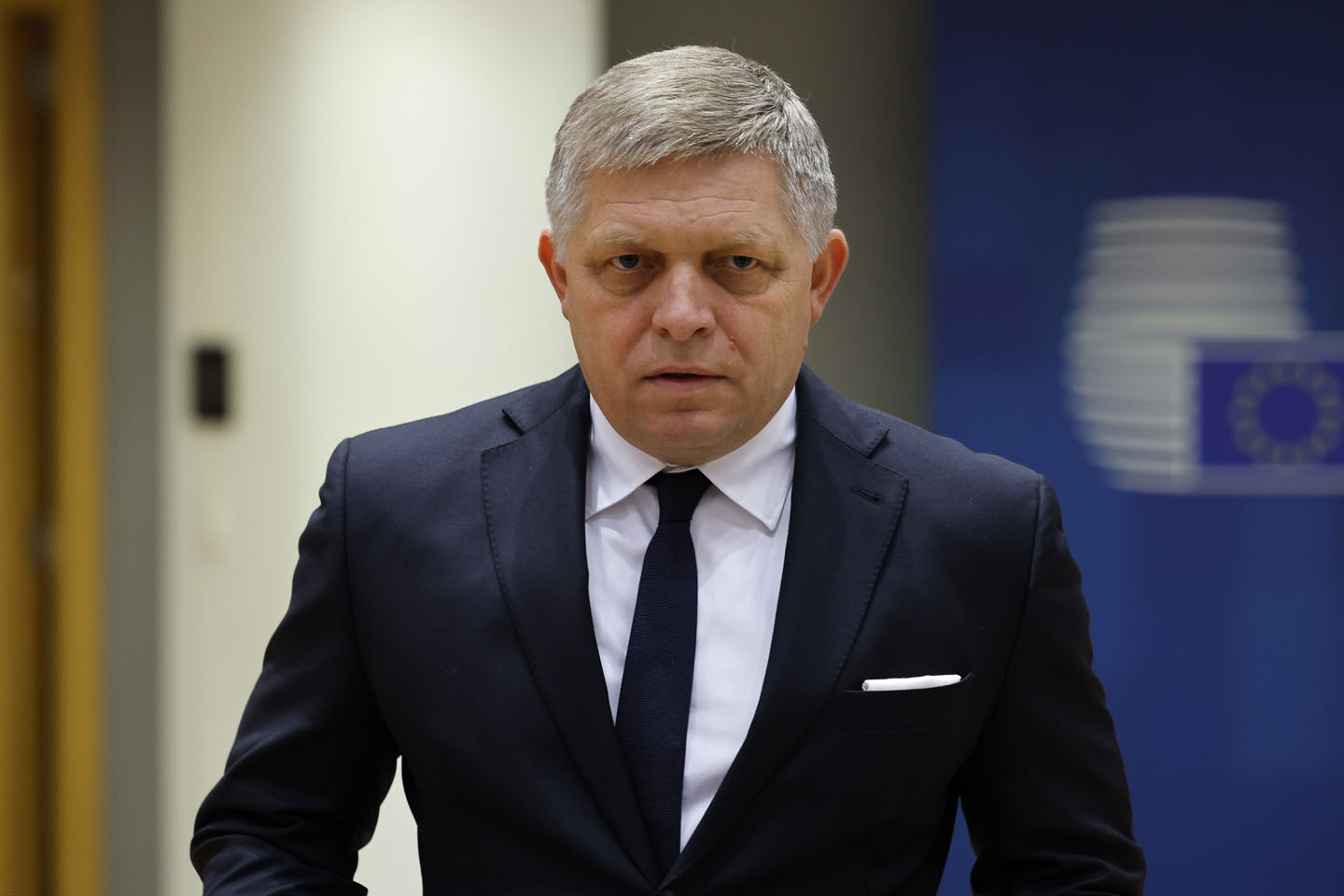After more than 25 years of authoritarian rule, the Kremlin is preparing to cross yet another threshold: the dismantling of what remains of citizens’ digital autonomy.
By September 1, the Russian government plans to review new restrictions on foreign software, with WhatsApp in the crosshairs. Authorities accuse the platform of refusing to localize personal data and declining to cooperate with security services. This move is part of a broader strategy to isolate Russian users from global digital ecosystems and tighten the state’s grip on information.
Simultaneously, President Vladimir Putin has signed a law mandating the rollout of a new government-controlled messaging app, Max. The platform is integrated with digital IDs, public services, and banking systems, and will be pre-installed on all new devices starting in September. It’s run by VK Group, whose leadership is closely tied to the Kremlin's inner circle—CEO Vladimir Kiriyenko is the son of a top presidential aide, and social media operations are overseen by Stepan Kovalyuk, a relative of Putin’s longtime financial associate.
Despite Kremlin backing, Max remains largely unpopular, with fewer than 2 million users compared to WhatsApp’s 84 million in Russia. But the regime appears determined to shift communications onto platforms it fully controls.
Plans for a "sovereign" state-run VPN are also underway. This tool would block "undesirable" content and restrict access to only government-approved traffic. Officials frame the initiative as a response to Western “information warfare,” rather than an attack on digital freedoms. Russia’s Minister of Digital Development has gone so far as to claim that VPNs are “not instruments of freedom, but weapons of destabilization.”
Meanwhile, the state is aggressively promoting domestic software—even though its quality is so poor that many government institutions reportedly refuse to use it.
This combination of censorship, forced software adoption, and controlled communication infrastructure marks a new stage in Russia’s descent into digital totalitarianism. The Kremlin's message is clear: full-spectrum control, both offline and online, is no longer a goal — it is becoming reality.





















